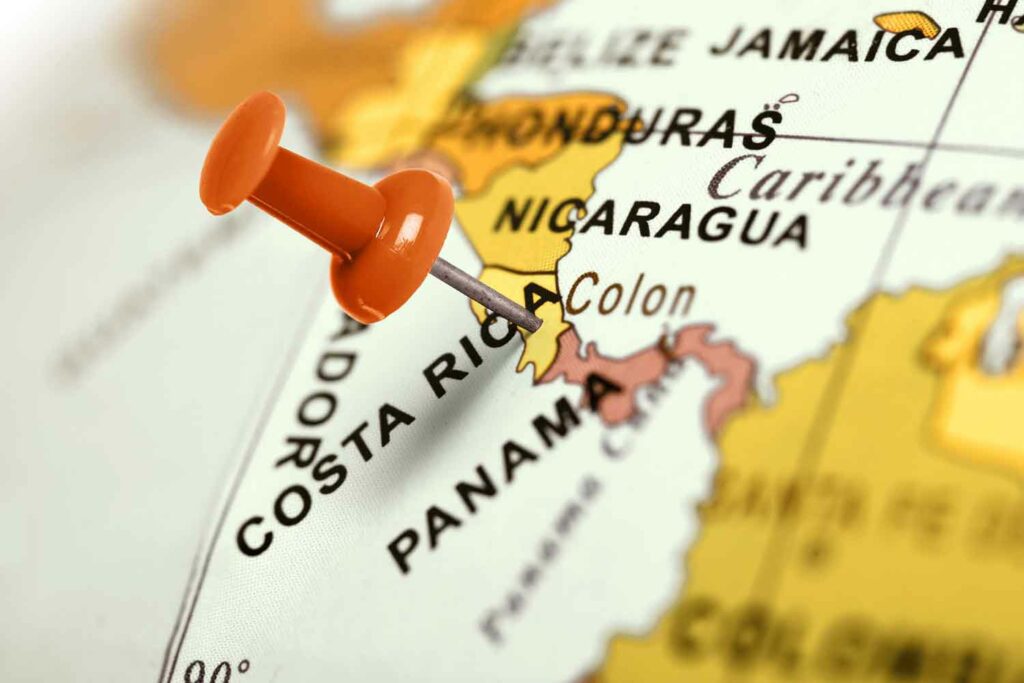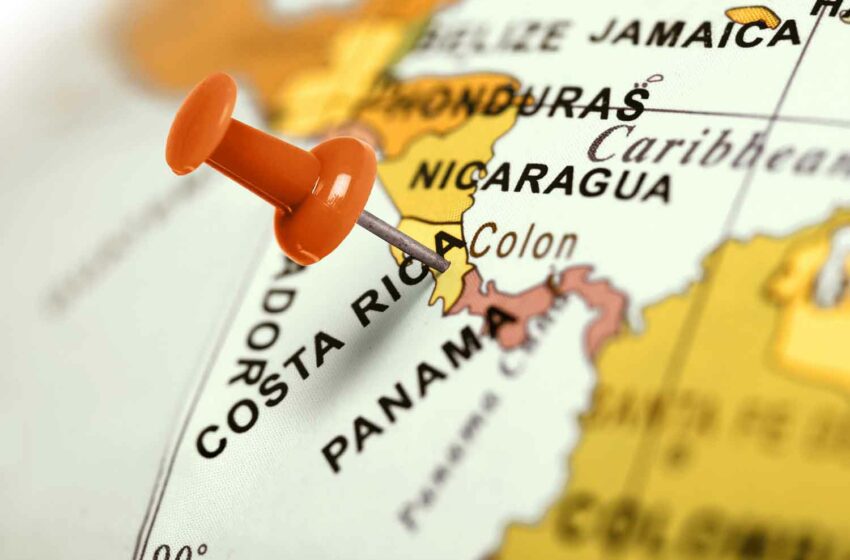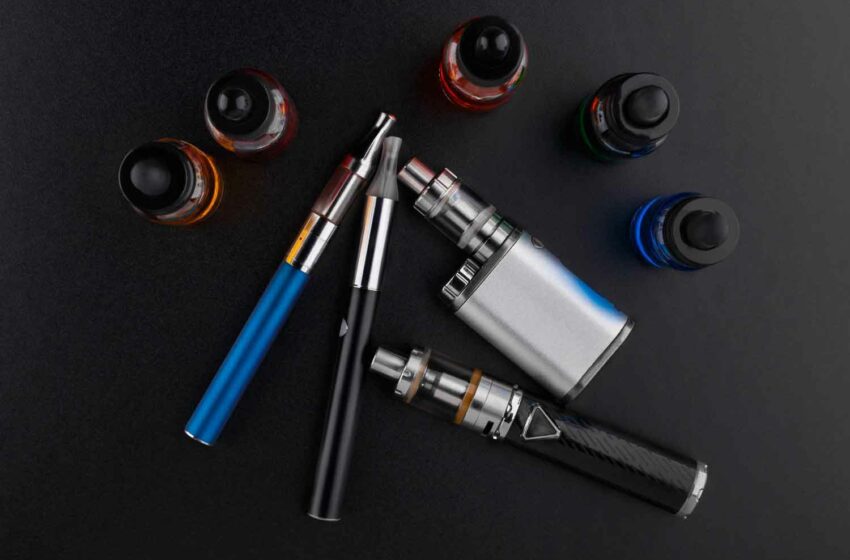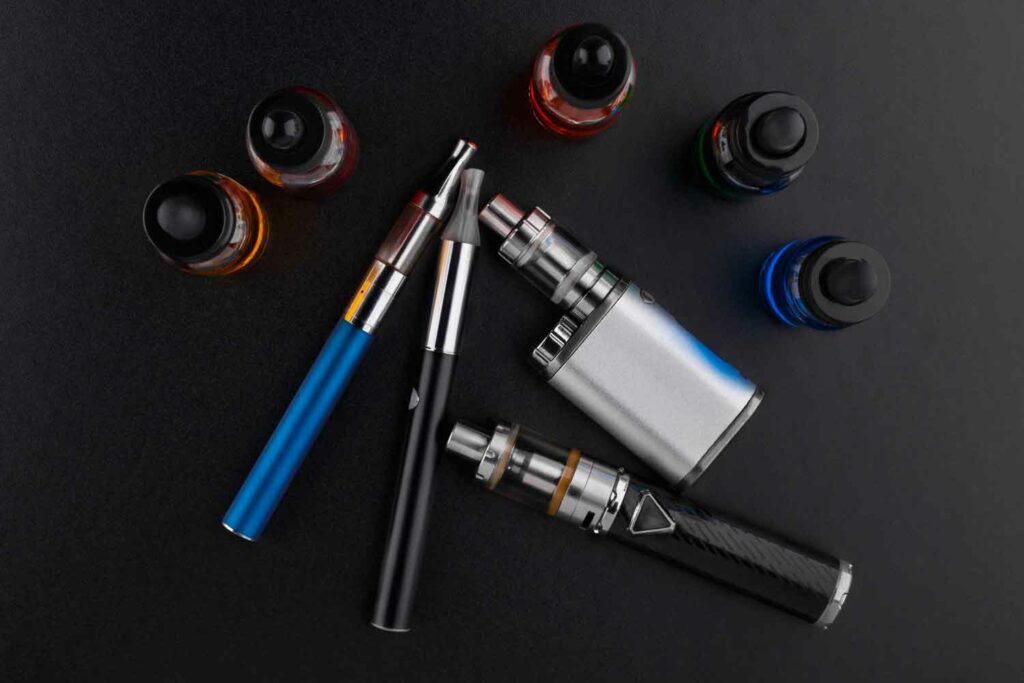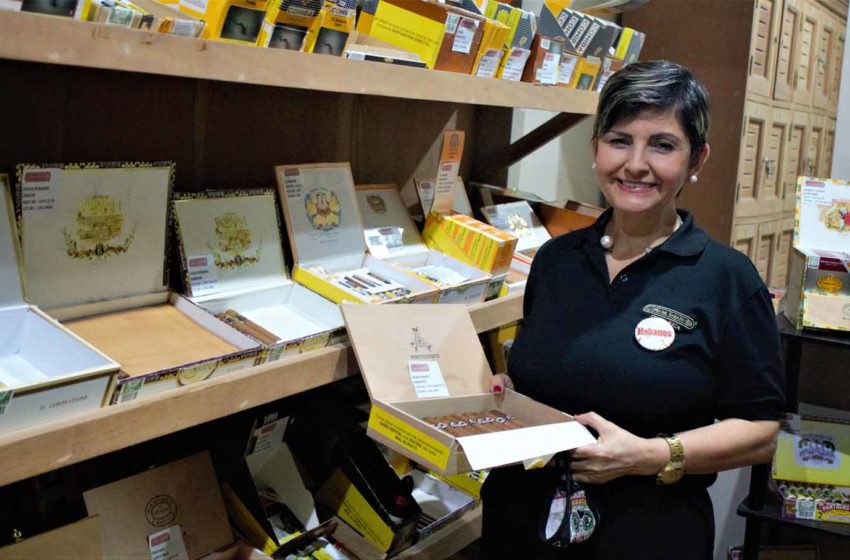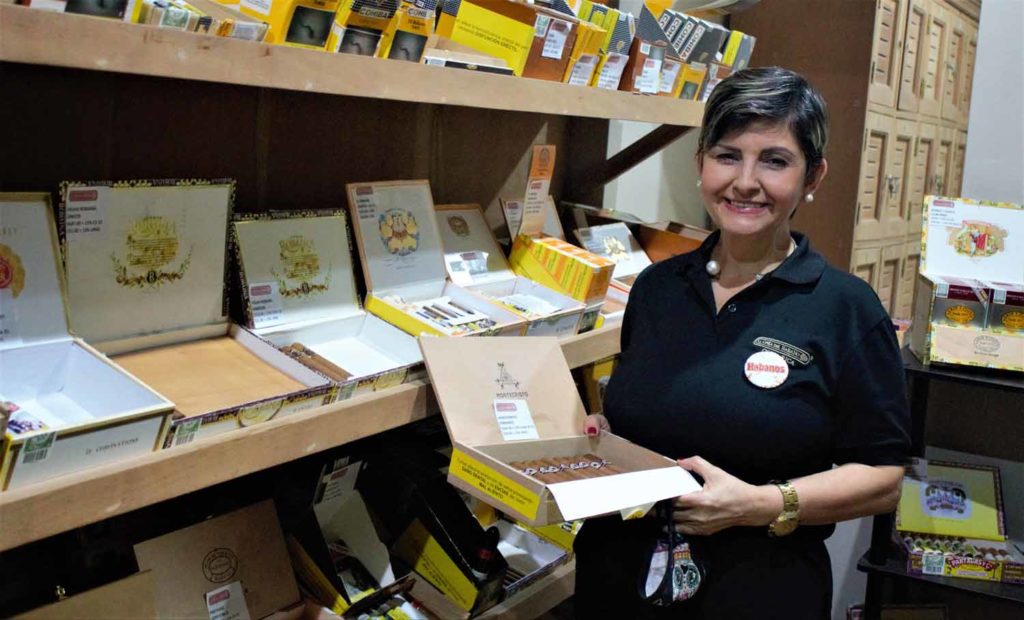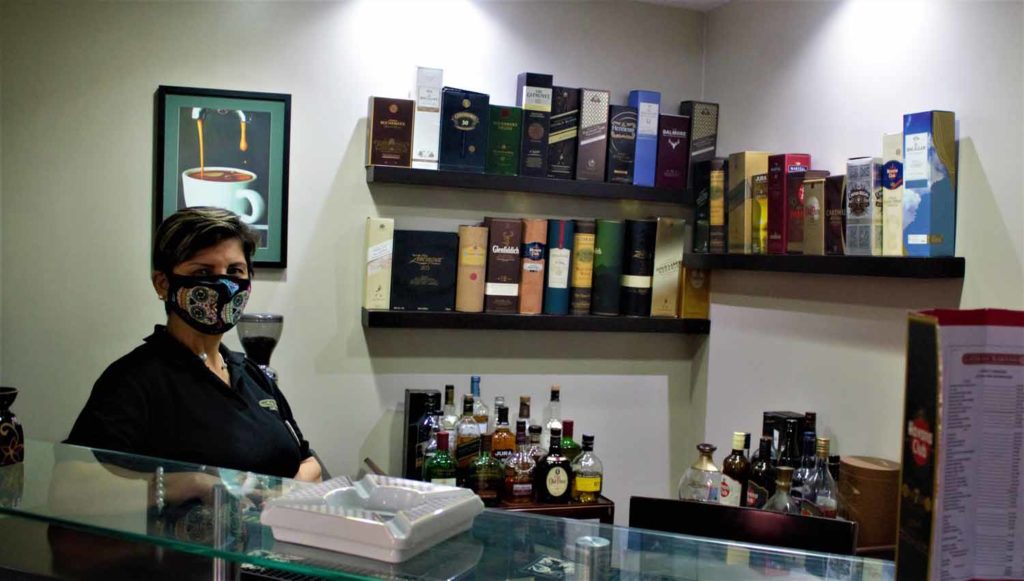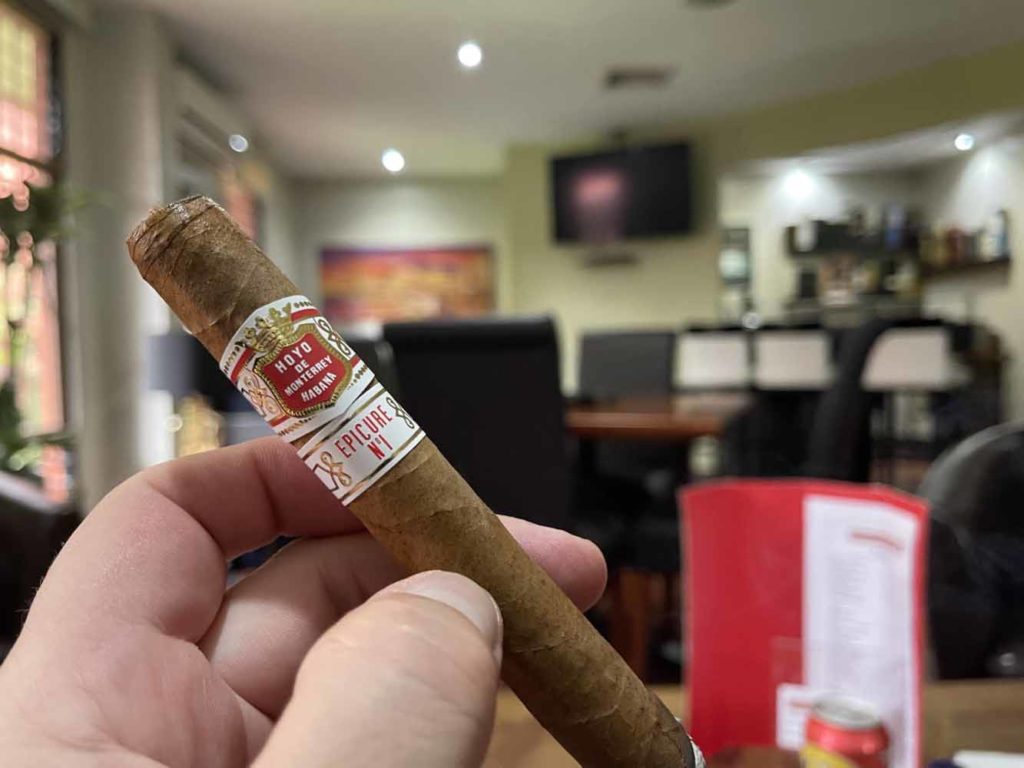An e-cigarette ban would bring new public health concerns to Costa Rica.
By Peter Clark
Recently, Costa Rica’s Ministry of Health issued “Resolution MS-DM-RC-2381-2024” prohibiting the sale and importation of synthetic nicotine and cannabinoid vaping products. This measure appears to be a response to the uptick in vaping-related illnesses and injuries. The ban will remain until regulators promulgate rules guiding the “use and commercialization” of electronic vaping devices.
The ban might be an effort to protect public health, but there are several downsides to banning vaping. Costa Rican officials should look to the example of other countries implementing failed e-cigarette bans because prohibition never works. Even a temporary ban is a disastrous policy since people will continue to vape, exposing Costa Ricans to the dangers of black market e-cigarettes.
Most countries that prohibit the sale of e-cigarettes have seen increased vaping rates over the past couple of years. One of the best examples is Brazil. Brazil banned the sale, manufacture and importation of vaping devices in 2009.
Despite stringent vaping laws, Brazil has seen an increase in vaping rates over the past couple of years. Some Brazilian states have seen over 100 percent increase in vape usage between 2022 and 2023. Approximately 4 million Brazilians vape regularly. There has been an approximate 600 percent increase in e-cigarette consumption since 2018.
Brazil has made attempts to ramp up enforcement of vaping laws, but it has done little to dampen the burgeoning black market for e-cigarettes. E-cigarette sales have increased “fourfold” between 2018 and 2022.
There are extreme risks with buying bootleg e-cigarettes that outweigh the benefits of protecting kids from nicotine addiction and cannabis exposure. Prohibition of marijuana and flavored vapes in the U.S. has created multiple public health crises.
In 2019, the United States experienced an outbreak of e-cigarette or vaping product use-associated lung injury (EVALI) associated with the use of illicit THC vape pens. Experts suspect that vitamin E acetate caused EVALI. A cutting agent is used to thicken and dilute the cannabis oil to “make it go further.” Vaporizing vitamin E acetate produces the toxic gas ketene, which causes lung damage. It was less common to find products contaminated with this adulterant in states with legal marijuana.
The most insidious byproduct of the contraband market is the emergence of fentanyl-laced e-cigarettes. The iron law of prohibition at work; the “harder” the laws, the “harder” the drugs. The temptation lingers for black market e-cigarette sellers to lace nicotine or THC e-cigarettes with more potency-dense and addictive drugs, increasing profitability and the ease of smuggling.
Fentanyl vapes illegally entered the U.S. market as the result of federal marijuana prohibition and restrictions on flavored nicotine vaping devices. These deadly cartridges are frequently mistaken for less dangerous vaping products. Most alarming of all, kids have gotten ahold of these illicit vapes, leading to school-aged children being hospitalized and even deaths.
The other risk of a vaping ban is that many vapers will return to combustible cigarettes. Contrary to popular belief, e-cigarettes are significantly less harmful than analog cigarettes. That is not to say vaping is risk-free, but it is a better alternative to smoking. Public Health England has found e-cigarettes to be 95 percent less harmful than traditional cigarettes. E-cigarette vapor contains less toxic chemicals and biomarkers than tobacco smoke. Smokers who switched to vaping decreased their risk for cardiovascular harm by lessening the narrowing of their arteries.
Beyond the harm reduction benefits of vaping, nontobacco-flavored vapes have been effective in helping adults quit cigarettes. A study published by The New England Journal of Medicine found that when combined with counseling, 59.6 percent of the participants using e-cigarettes completely abstained from smoking. In comparison, only 20.1 percent of participants who went cold turkey were able to quit smoking.
Banning e-cigarettes is not the answer. I hope regulators quickly enact a reasonable regulatory framework guiding the sale, marketing, production and importation of nicotine and cannabinoid vaping products. Continuing to uphold the ban or dragging their feet on enacting regulation will generate new public health concerns for Costa Rica. Whether it is more Costa Ricans smoking or kids getting ahold of deadly vaping devices, banning e-cigarettes can have some devastating consequences.
